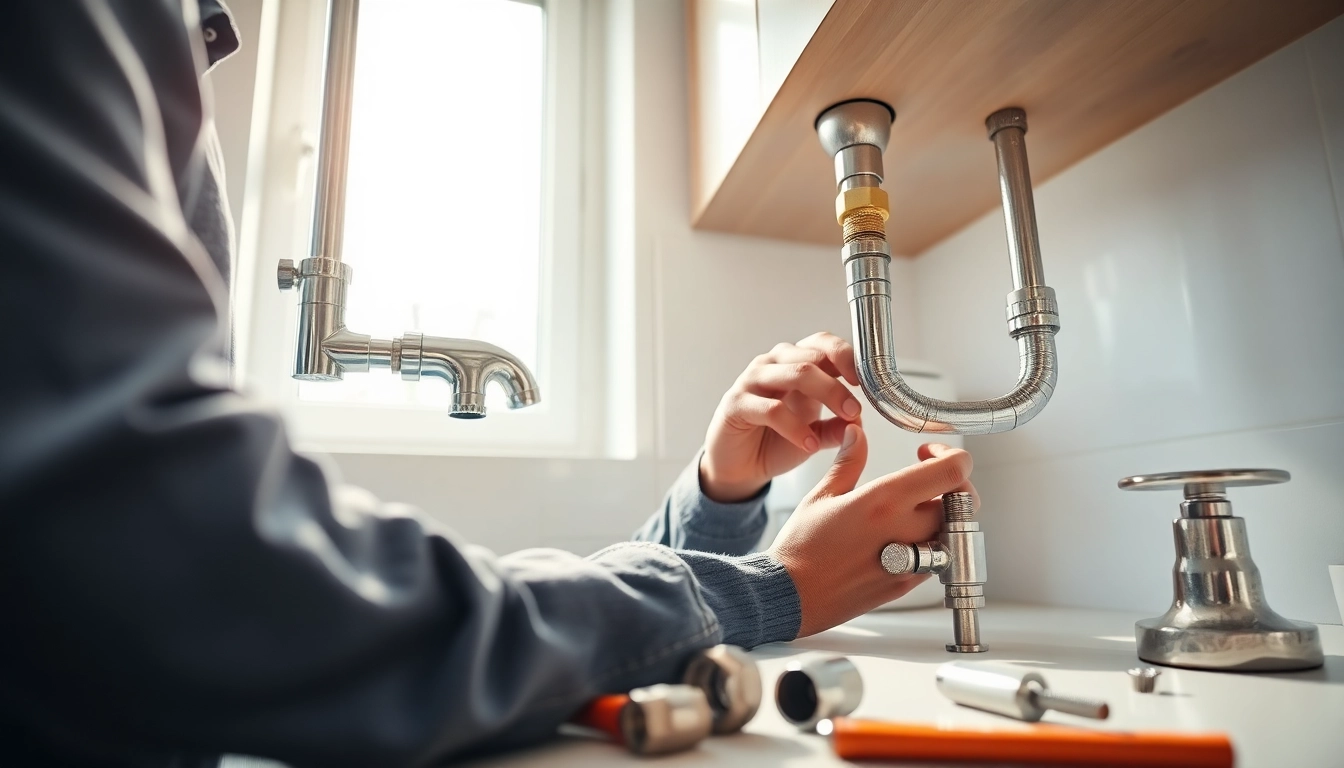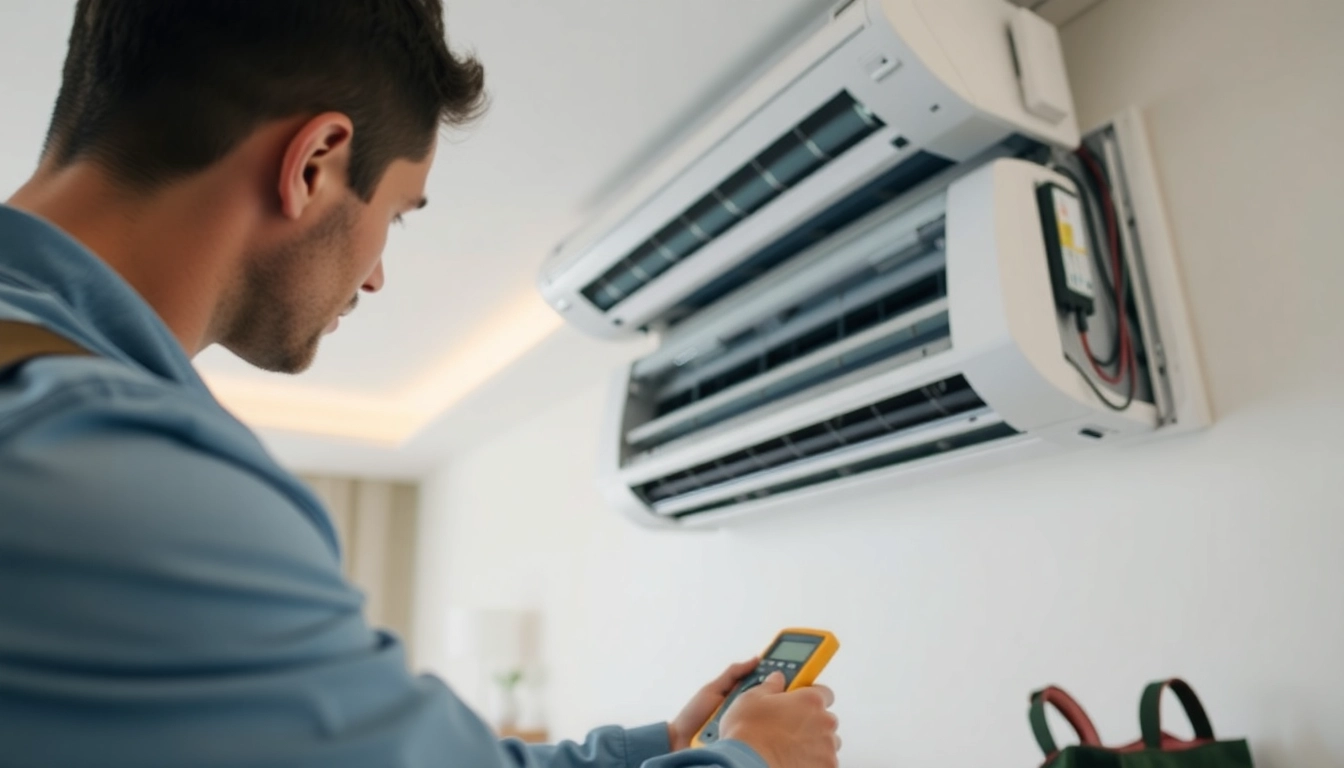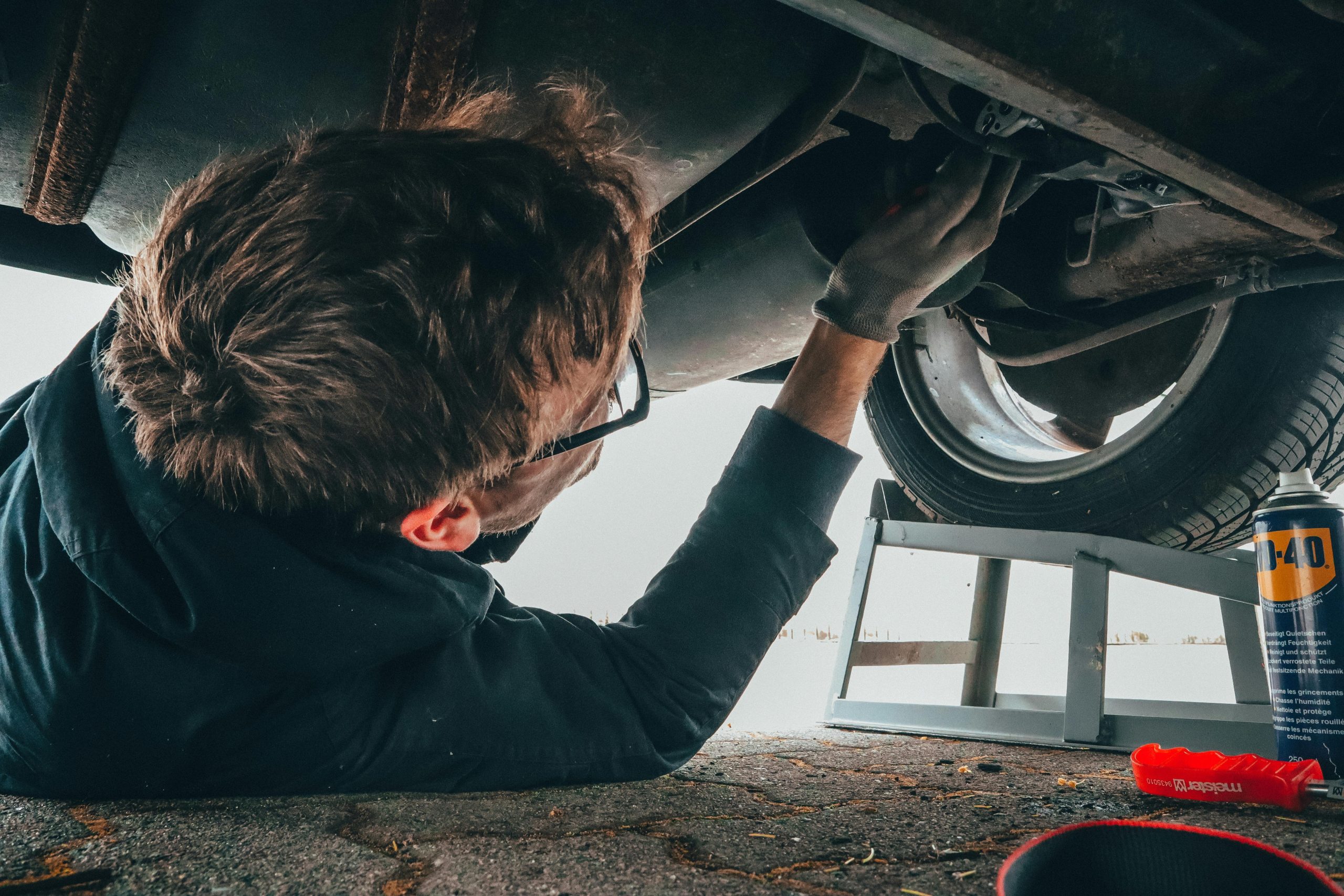
Understanding Plumbing Essentials
When it comes to the infrastructure of a home or any building, an essential system that often goes unnoticed until problems arise is plumbing. This complex network of piping and fixtures provides not just the convenience of delivering fresh water, but also ensures the safe removal of wastewater. A solid understanding of plumbing will not only enhance your knowledge but also empower you to make informed decisions about maintenance, repairs, and upgrades. Here, we delve into the fundamentals of plumbing, touching on its components, maintenance importance, and the significance it has in everyday life. A comprehensive grasp of plumbing ensures that both homeowners and property managers can better manage their facilities.
What is Plumbing?
At its core, plumbing refers to any system designed to transport fluids, primarily water and waste, from one location to another efficiently. This network includes a variety of components such as pipes, valves, fixtures, and tanks, which work together to facilitate the flow of water throughout a building. Plumbing systems are categorized into two main categories: the supply system that brings water into a building, and the drainage system that removes wastewater. Understanding the difference and interaction between these two subsystems is critical for identifying and resolving plumbing issues.
Key Components of Plumbing Systems
A well-functioning plumbing system is comprised of several key components, including:
- Pipes: These are the primary conduits for water transport, made from materials like PVC, copper, or PEX.
- Valves: Critical for controlling water flow, valves help in regulating pressure and directing water to various parts of the plumbing system.
- Fixtures: These include sinks, toilets, showers, and faucets, which are visible to occupants and visitors.
- Tanks: Water heaters and storage tanks are crucial for maintaining temperature and supply, providing hot water when needed.
- Drainage and venting: The drainage system expels waste from the building, while vents allow for the proper flow of air which aids in preventing vacuum formation.
Importance of Plumbing Maintenance
The importance of regular plumbing maintenance cannot be overstated. Just as with any system, potential issues can lead to significant damage and costly repairs if left unattended. Routine maintenance helps in:
- Preventing leaks: Regular checks can catch leaks before they escalate into larger problems.
- Extending system life: Timely servicing can dramatically increase the lifespan of the plumbing system.
- Enhancing efficiency: Maintaining proper flow and pressure ensures that water use is efficient and reduces waste.
- Improving water quality: Regular cleaning and inspection prevent contamination that can occur from stagnant or improperly drained water.
Common Plumbing Issues and Solutions
Plumbing issues often arise unexpectedly and can range from minor annoyances to major emergencies. Understanding common problems and their solutions can save time and money.
Identifying Leaks and Drips
Leaks are one of the most common plumbing issues faced by homeowners. They can occur for various reasons, including worn out seals, corrosion, or excess water pressure. The signs of a leak may include:
- Water stains on ceilings or walls.
- Unusual increases in water bills.
- Sounds of running water when fixtures are off.
To address leaks, homeowners can take the following steps:
- Inspect visible pipes for water accumulation.
- Check under sinks and behind appliances regularly.
- Consider using a water leak detection system that alerts you to moisture levels.
Unclogging Drains Effectively
Clogged drains are another prevalent issue, often caused by a buildup of grease, hair, or foreign objects. Recognizing how to effectively unclog drains can prevent more severe plumbing issues down the line. Common techniques include:
- Using a Plunger: A simple and effective method for minor clogs.
- Applying Baking Soda and Vinegar: This natural solution can effectively dissolve slow-moving clogs.
- Using a Drain Snake: An ideal tool for more stubborn clogs.
Fixing Low Water Pressure Problems
Low water pressure can be frustrating and often indicates a problem in the plumbing system. Common causes include:
- Blockages in pipes caused by mineral buildup.
- Leaking pipes leading to drops in pressure.
- Issues with the municipal water supply.
To troubleshoot low water pressure:
- Inspect fixtures for signs of blockage.
- Check for leaks using a water meter.
- Consult with a plumbing professional if the issue persists.
Advanced Plumbing Techniques
With a foundational understanding of plumbing, it’s time to explore advanced techniques that can enhance the efficiency and functionality of plumbing systems. These methods often require more skill and understanding of the systems involved.
Installing New Fixtures
Installing new plumbing fixtures can transform your space and improve functionality. Key considerations include:
- Choosing the right fixtures that complement the existing décor.
- Ensuring compatibility with current plumbing lines.
- Following manufacturer instructions for proper installation.
Common fixtures that homeowners may upgrade include:
- Faucets for sinks and tubs.
- Showerheads for improved water flow.
- High-efficiency toilets to save water.
Upgrading Your Plumbing System
For older homes, upgrading the plumbing system can be crucial for improving safety and efficiency. Key steps include:
- Assessing the existing system for outdated materials, such as lead pipes.
- Determining water supply needs and potential future demands.
- Consulting with a professional to create a comprehensive plan.
Implementing Smart Plumbing Solutions
As technology advances, homeowners now have access to smart plumbing solutions that can automate and optimize water use. Examples include:
- Smart Water Sensors: These devices alert homeowners to leaks or abnormal moisture levels.
- Smart Irrigation Systems: These optimize water usage in landscaping, conserving resources.
- Remote-Controlled Faucets and Showers: Allow users to control water flow and temperature via a mobile app.
Choosing the Right Plumbing Tools
Having the right tools is essential for any plumbing project, whether it’s a simple fix or a major installation. Below are some must-have tools for both homeowners and professionals.
Must-Have Tools for Homeowners
Homeowners looking to tackle basic plumbing tasks can benefit from investing in the following tools:
- Plunger: Ideal for unclogging toilets and sinks.
- Pipe Wrench: Useful for gripping and turning pipes securely.
- Adjustable Wrench: Versatile for various fittings and nuts.
- Pipe Cutter: Necessity for cutting pipes to the desired length.
- Plumbing Snake: Effective for clearing tough clogs.
Professional Plumbing Equipment Overview
For professional plumbers, a comprehensive toolkit is essential, including more advanced equipment like:
- Hydro Jetting Equipment: For clearing stubborn blockages in pipes.
- Video Inspection Tools: Used to assess interior pipe conditions remotely.
- Heat Gun: Useful for thawing frozen pipes.
- Soldering Kit: Crucial for joining copper pipes in installations.
Safety Gear for Plumbing Projects
Safety should never be overlooked when engaging in plumbing projects. Essential safety gear includes:
- Gloves: To protect hands from sharp objects and chemicals.
- Safety Glasses: To shield eyes from splashes and debris.
- Face Mask: Especially important when dealing with hazardous materials.
- Steel-Toed Boots: To protect feet from heavy items.
Finding the Best Plumbing Services
When complex plumbing issues arise or major installations are needed, hiring a professional service is often the best route. However, finding a reliable service can be daunting. Here are some best practices to consider.
How to Evaluate Plumbing Professionals
Not all plumbing services are created equal. When evaluating potential plumbers, consider the following:
- Credentials: Check for licenses and certifications to ensure a plumbing technician meets industry standards.
- Experience: Look for plumbers with a proven track record in the field.
- Insurance: Make sure the plumber has liability insurance to protect against accidents or damage.
Questions to Ask Your Plumber
Before hiring a plumbing service, ask the potential plumber specific questions, such as:
- What is the total cost estimate for my project?
- How long will the project take to complete?
- What kind of warranty or guarantee do you offer?
- Can you provide references from previous clients?
Customer Reviews and Recommendations
Reading customer reviews and requesting recommendations from friends and family can provide invaluable insight into a plumber’s reputation. Look for feedback on:
- Quality of workmanship.
- Responsiveness and communication.
- Overall customer satisfaction.








